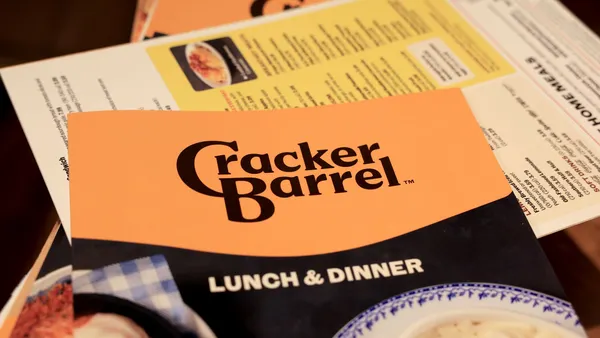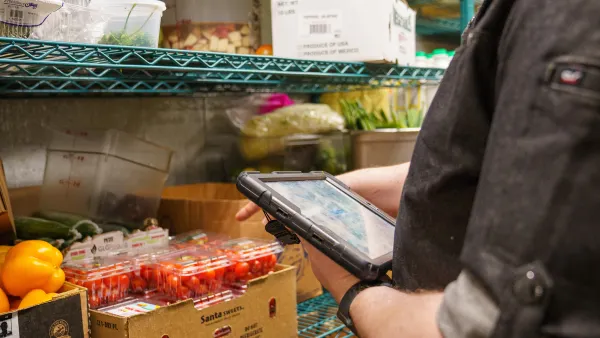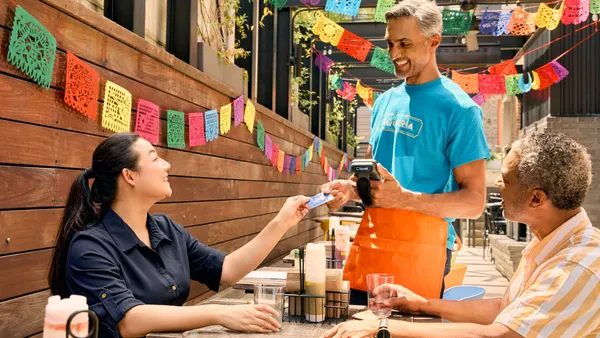Dive Brief:
- The general counsel of the National Labor Relations Board Peter Robb has accused Chipotle of U.S. labor law violations, according to Reuters. Robb filed the complaint on Dec. 12, claiming that a manager threatened employees with termination if they engaged in union activities and promised to promote workers who reported information on such activities. The complaint also includes claims that a New York employee was fired for complaining about workplace issues and for attempting to form a union.
- The complaint demands that Chipotle reimburse the terminated employee for expenses incurred from employment searches and for tax relief from lump sum back pay awards.
- Chipotle must respond to the complain by Dec. 26 and a hearing is scheduled for March 2 in New York.
Dive Insight:
This is just the latest in a string of labor violation complaints lobbed against Chipotle.
In September, New York City Mayor Bill de Blasio's administration sued the chain for violating the city's Fair Workweek Law, which took effect in fall of 2017. The legislation bars companies from changing an employee's work schedule less than two weeks before their work date.
The Department of Consumer and Worker Protection also claimed that Chipotle didn't give $100 in premium pay to employees working the "clopening" shift. The department is seeking $1 million in restitution and is investigating similar allegations in several other New York City restaurants. As of Sept. 24, more than 20 area Chipotle's face similar complaints.
This pattern doesn't bode well for Chipotle's image, especially as it tries to bolster employee benefits. The Department of Consumer Worker Protection also claims that Chipotle has an illegal sick leave policy per New York City's Earned Safe and Sick Time Act.
Whether this slew of labor violations will dissuade potential employees — an increasingly precious asset in the worsening labor shortage — from considering Chipotle as an employer remains to be seen. And while the blowback from these issues isn't nearly as dire as the fallout from its food safety scares, if it doesn't improve labor practices it could alienate both workers and socially conscious diners.












